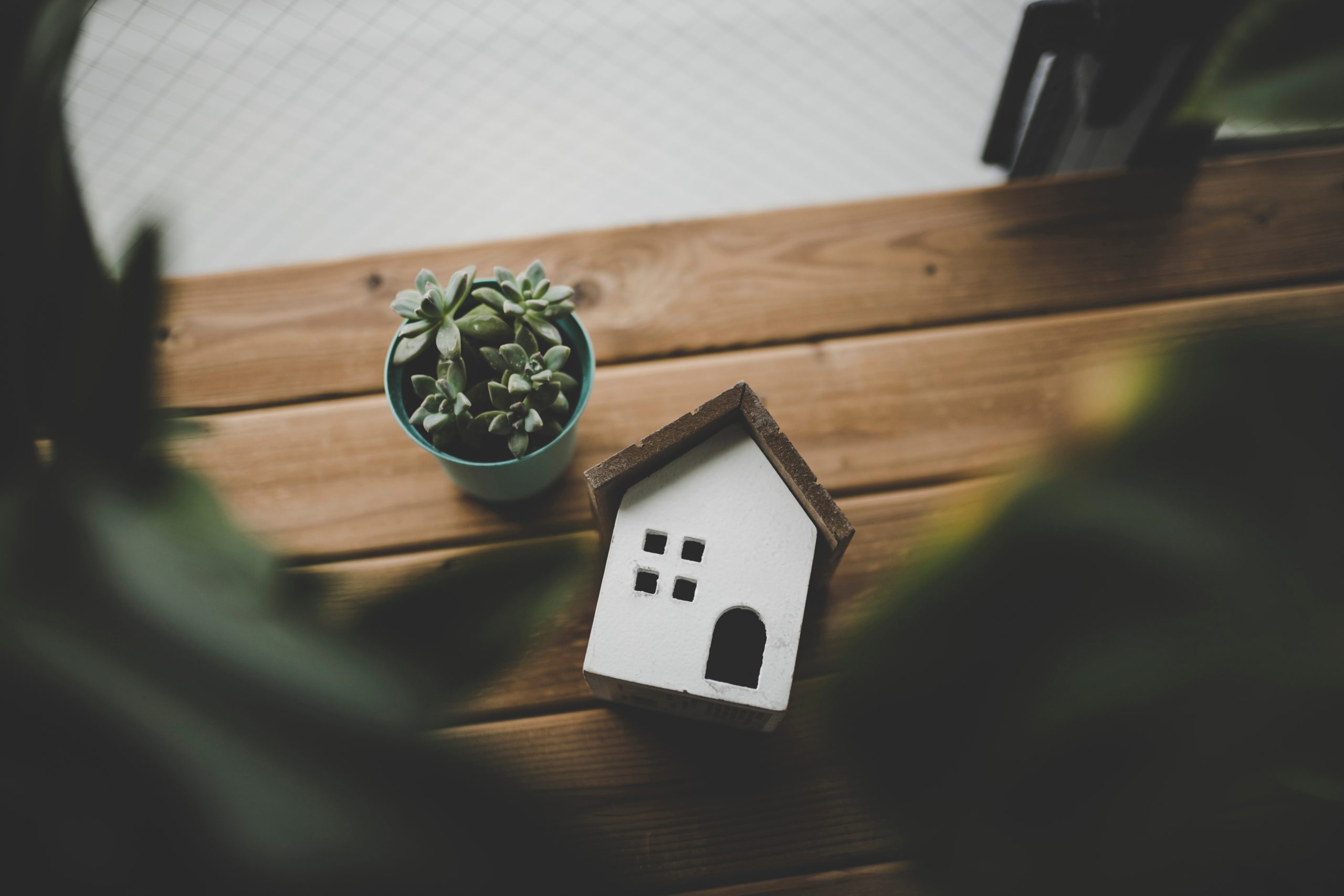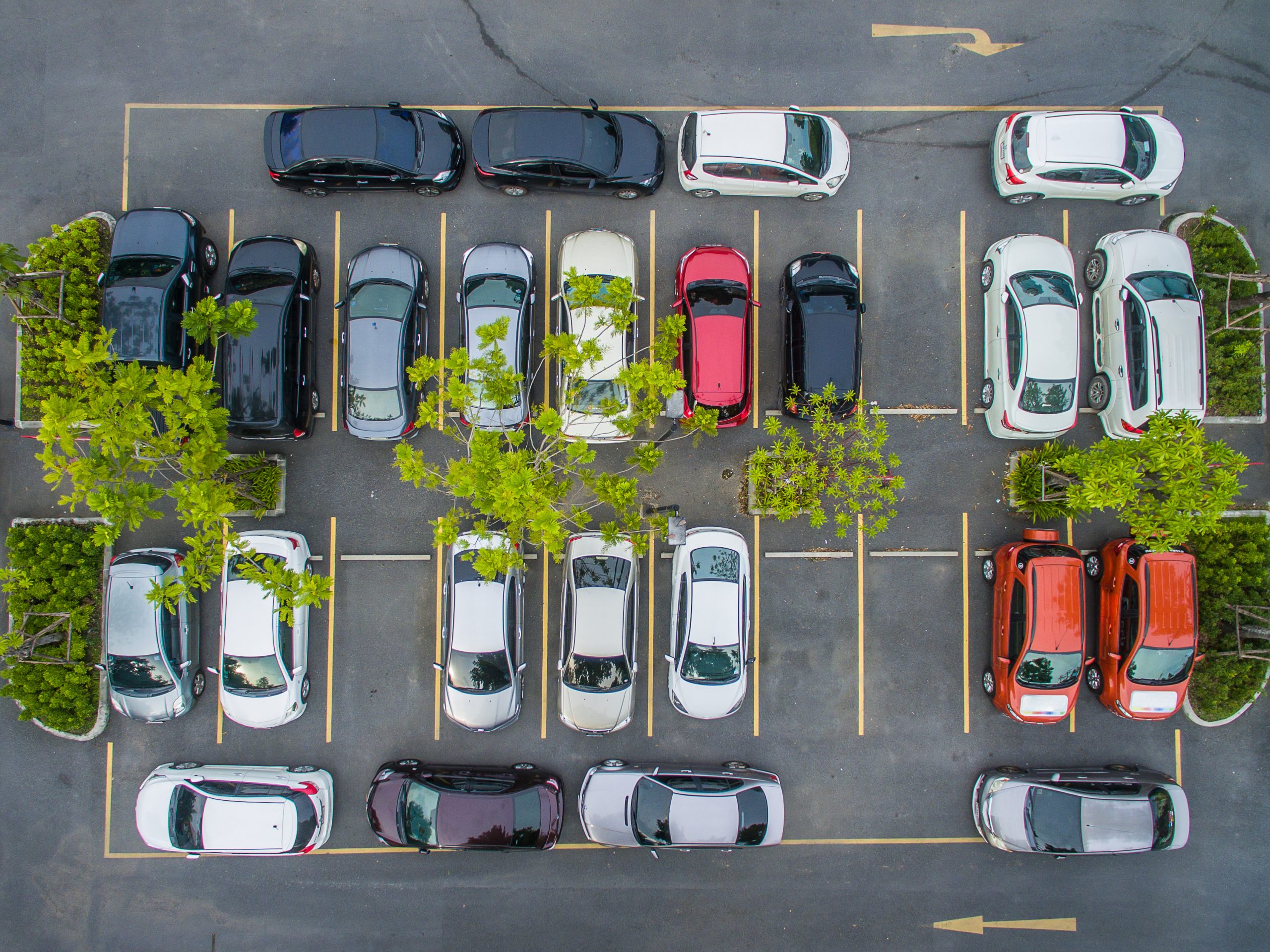
Building strong and harmonious relationships with your neighbors can significantly improve your quality of life. However, being a good neighbor isn’t always about grand gestures; it’s often the little things that matter most. Sometimes, we may inadvertently engage in behaviors that frustrate or alienate the people living around us, like playing loud music late at night or letting our yards become overgrown. If you’re wondering whether you’re a good neighbor, this article will help you reflect on your habits and actions. Here are nine signs that might suggest you have some room for improvement.
1. You’re Noisy at Odd Hours
Living in a community means sharing space, and excessive noise can be a quick way to irritate those around you. Late-night parties, loud music, or even shouting can disrupt your neighbors’ peace. It’s important to remember that everyone has their own schedules, and many people need quiet to relax or sleep. Consider keeping noise to a minimum during early mornings and late evenings, such as before 8 AM and after 10 PM. Checking local noise ordinances can help you stay compliant and avoid disturbing your neighbors. If you’re planning a loud event, give your neighbors a heads-up as a courtesy.
2. You Don’t Maintain Your Property
A neglected yard or exterior can make the whole neighborhood look less appealing. Overgrown grass, untrimmed hedges, or leaving trash outside for days can frustrate your neighbors. Regular maintenance isn’t just about appearances; it also prevents pests and other issues that can spill over to nearby homes. Take pride in keeping your property tidy and well-maintained. Even small efforts, like sweeping your sidewalk, can make a big difference.
3. You Ignore Parking Etiquette

Parking is often a contentious issue in residential areas, and poor parking habits can create unnecessary tension. Taking up multiple spots, blocking driveways, or parking in spaces reserved for others shows a lack of consideration. If you have guests, make sure they park responsibly as well. Always strive to follow community parking rules and avoid inconveniencing your neighbors.
Park within designated lines, avoid blocking driveways, and ensure guest parking is considerate of others. If you drive a large vehicle, take extra care not to obstruct views or access. When sharing a driveway or other communal space, communicate clearly with your neighbors to avoid misunderstandings. Thoughtful parking practices contribute to a harmonious neighborhood environment. Respect for shared spaces fosters a sense of harmony.
4. You’re Not Friendly or Approachable
Being a good neighbor starts with basic friendliness. If you never smile, say hello, or acknowledge your neighbors, you may come across as cold or indifferent. Building relationships doesn’t mean you have to become best friends, but small gestures can go a long way. A simple wave or a friendly chat can create a more welcoming atmosphere. Your neighbors will appreciate knowing they can approach you if needed.
5. You Let Pets Cause Problems
Pets can bring joy to a neighborhood, but they can also become a source of frustration if not managed responsibly. Allowing your dog to bark excessively or failing to clean up after your pet can annoy those living nearby. It’s also important to ensure your pets are safely confined to your property to prevent unwanted visits to your neighbors’ yards. Respecting boundaries and taking responsibility for your pets shows that you value your community.
6. You’re Always Complaining
Constantly airing grievances can strain relationships with your neighbors. Whether it’s about noise, kids playing outside, or how others maintain their homes, complaining too much can create a negative dynamic. Instead of focusing on the negatives, try to find common ground and solutions when issues arise. Choose your battles wisely and address concerns politely. A positive approach can transform conflicts into opportunities for collaboration.
7. You Borrow Without Returning
While borrowing items like tools or kitchen essentials from your neighbors is common, failing to return them is a surefire way to lose trust. Always return borrowed items promptly and in good condition. If something gets damaged, offer to replace it. Better yet, consider investing in your own supplies to avoid relying on others too often. This small act of responsibility can strengthen neighborly bonds.
8. You Don’t Respect Boundaries
Respecting physical and personal boundaries is crucial in any community. Letting your kids play in someone else’s yard without permission, trespassing, or meddling in private matters can lead to resentment. Always ask before using shared spaces or accessing your neighbor’s property. Demonstrating respect for boundaries shows that you value others’ privacy and fosters mutual respect.
9. You Don’t Get Involved in the Community
A lack of participation in community events or initiatives can make you seem disconnected or uninterested. While not everyone enjoys block parties or neighborhood meetings, making an effort to engage occasionally can help you build rapport. Volunteering for clean-up days or simply attending a gathering show that you care about the community’s well-being. Consider joining neighborhood watch programs, helping with local charity drives, or attending seasonal block parties.
Participating in events like tree planting initiatives or organizing garage sales can also build rapport. These activities not only enhance the community but also provide opportunities to connect with your neighbors. Even a small effort, like delivering baked goods to a new neighbor, can leave a lasting impression. Active involvement strengthens connections and creates a more supportive environment for everyone.
How to Be a Better Neighbor
Recognizing areas for improvement is the first step toward being a more considerate neighbor. Good neighbors maintain a respectful noise level, keep their properties tidy, and respect shared spaces. They are approachable, responsible with pets, and mindful of others’ boundaries. Actively participating in the community and fostering positive relationships also helps create a supportive environment.
If you’re embodying these qualities, you can contribute to a neighborhood that thrives on mutual respect and cooperation. By being mindful of noise levels, maintaining your property, respecting boundaries, and engaging with your community, you can create positive relationships with those around you. Good neighbors help build communities that are not only pleasant to live in but also supportive and connected.
What do you think makes a good neighbor? Do you have a bad neighbor story you’d like to share? Please share in the comments below.
Read More:
- Warren Buffet: How One Man Helped Shape a Community
- Upgrade Your Homes Outdoor Living Spaces with These Savvy Money-Saving Tips

Latrice is a dedicated professional with a rich background in social work, complemented by an Associate Degree in the field. Her journey has been uniquely shaped by the rewarding experience of being a stay-at-home mom to her two children, aged 13 and 5. This role has not only been a testament to her commitment to family but has also provided her with invaluable life lessons and insights.
As a mother, Latrice has embraced the opportunity to educate her children on essential life skills, with a special focus on financial literacy, the nuances of life, and the importance of inner peace.
